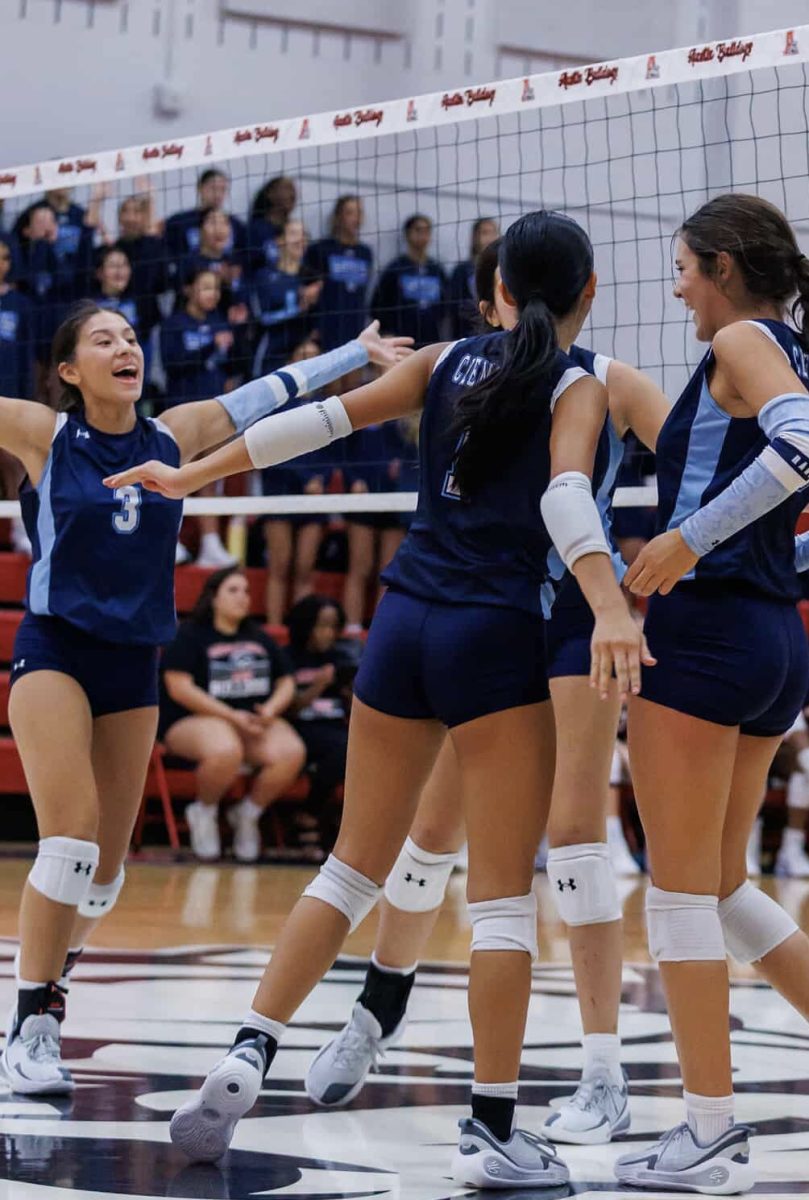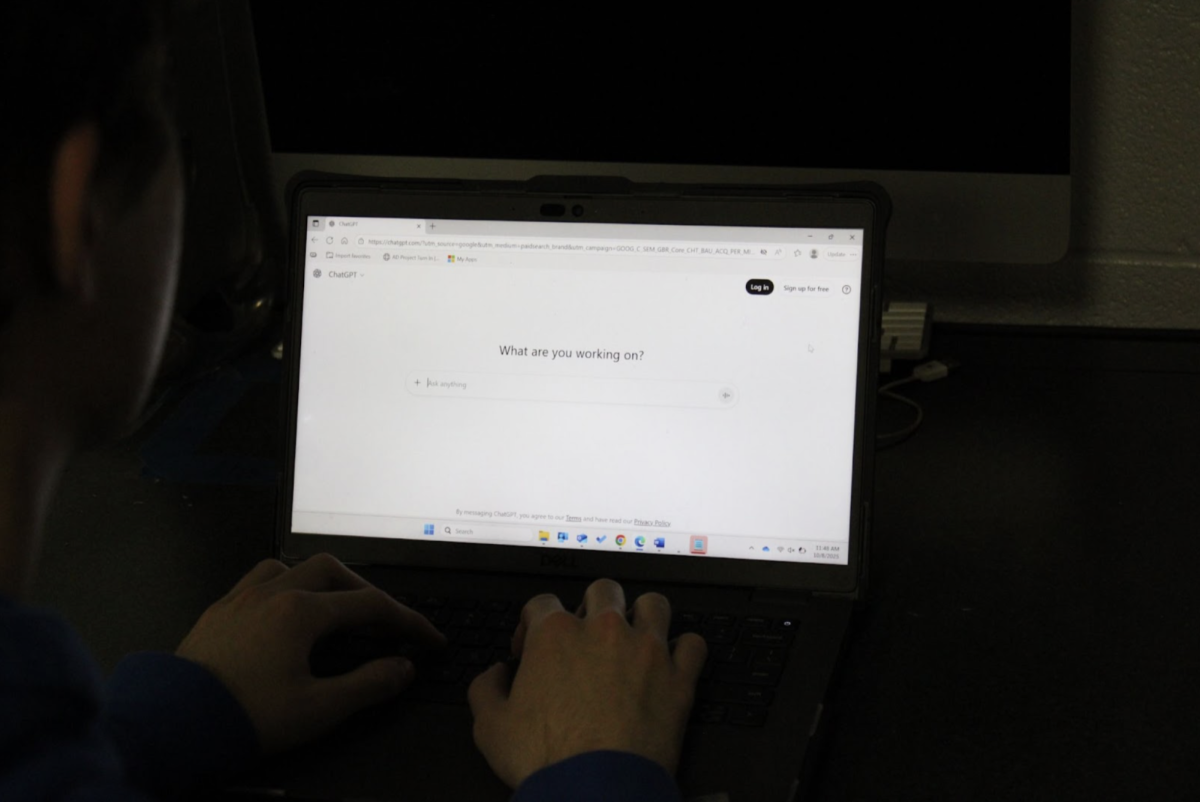Starting School Means Ending Sleep
September 13, 2016
Summer for many, equates to sleeping in, staying up late watching Netflix, and pressing that next episode button over and over again. Once school starts, students have to wake up at six to get to school on time and get back on track to work all day.
Sleep deprivation means not getting enough sleep. This can lead to less focus in the classroom, aggression, and eating too much, or in some cases, not eating enough.
Studies have shown that teenagers should get about eight to ten hours of sleep on average every night. If students need to wake up at six o’clock for school, ideally, they should go to sleep at about nine o’clock, but being reasonable, that’s not going to happen.
I n order to allow students to wake up in a timely manner, many schools have started later, but that is resulting in school letting students out later. With that, once students get home, they still have homework, studying, and extracurricular activities to do.
Most teachers give homework every day resulting that by the time students are done with their homework, it’s about nine or ten o’clock at night. If they have extracurricular activities, as most students do, they stay at school longer, finish their homework later, and end up sleeping in even later. As the weeks, months, and years of school go by, students get more and more homework and end up losing sleep and get almost no time to relax. This sleep schedule is not at all healthy for students, especially during the beginning and end of the school year, as those times are already usually the most stressful.
Some schools have study halls during the school day so all work, classes, and sports practice is done during school hours. That way, once they are dismissed, they don’t have any must-do homework. Any homework the students choose to do are not obligatory. It’s not tracked whether or not they did it. With that, students have time to take power naps and just relax. Studies have shown that in children and adults, ten to twenty minute power naps can help build up health and remedy sleep deprivation.
As the weeks of the school year go by, students become more used to their hectic schedule and are sometimes able to squeeze in some time for themselves, but until then, they are stuck in the busy world of high school.







